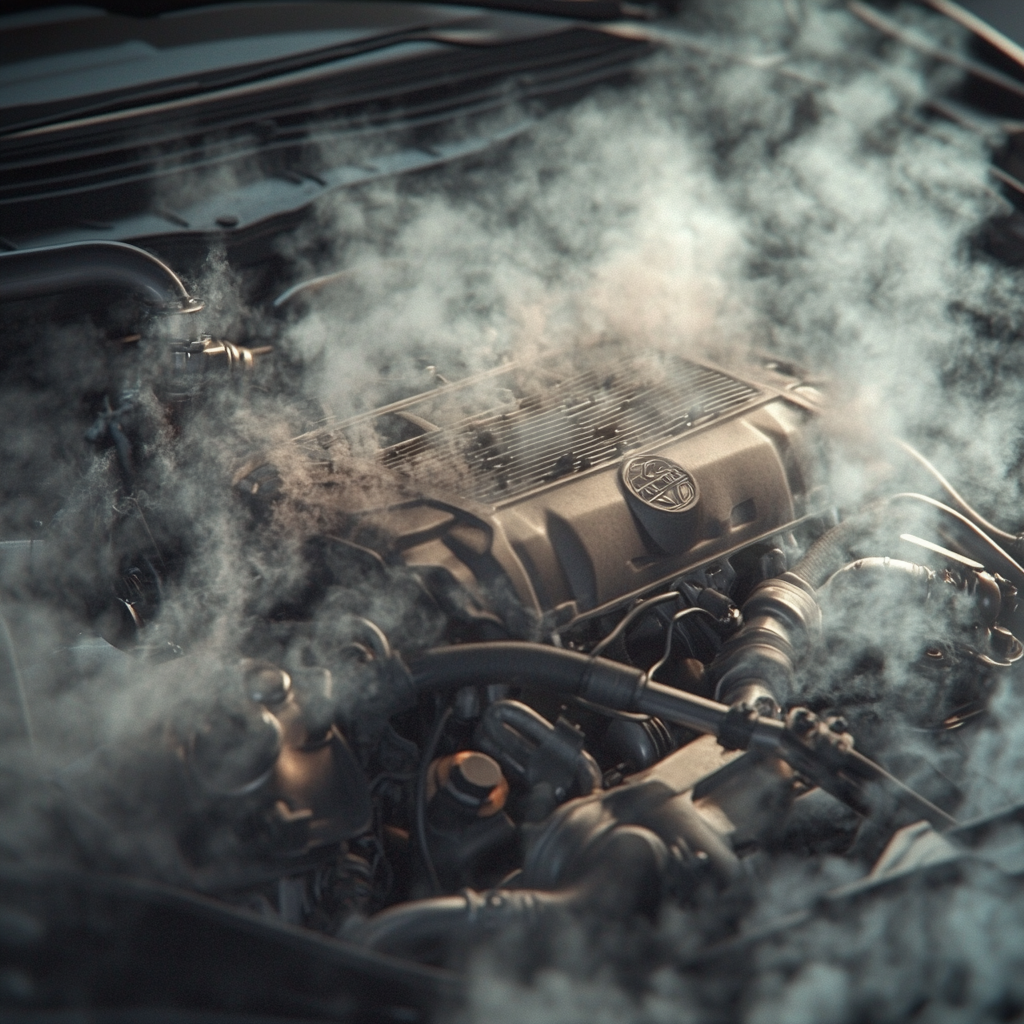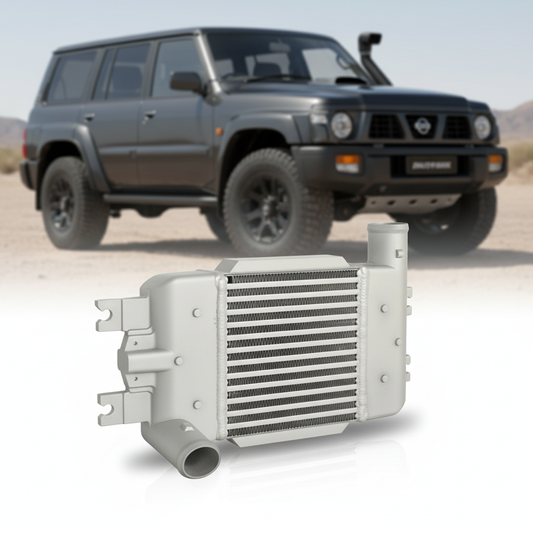For components that are prone to "dirt," such as fuel filters, oil filters, air filters, hydraulic oil filters, and various cooling fins (e.g., radiator fins, air-cooled engine cylinder fins, and cooler fins), the following outlines the potential causes of issues and detailed maintenance suggestions:
1. Fuel Filter
Issue Causes:
The fuel filter is responsible for filtering impurities from the fuel. Over time, it accumulates dirt. If it becomes clogged, fuel flow is restricted, which can lead to difficulty starting the engine, poor acceleration, or unstable idling. In severe cases, the engine may stall.
Maintenance Suggestions:
- Regular replacement: It is recommended to replace the fuel filter every 15,000 to 30,000 kilometers, depending on fuel quality and vehicle condition.
- Clean when needed: If the filter is designed to be washable, clean it regularly to ensure smooth fuel delivery and prevent impurities from entering the fuel system.
2. Oil Filter
Issue Causes:
The oil filter removes impurities from the engine oil. If it becomes too dirty or clogged, oil circulation will be obstructed, leading to increased wear on internal engine components, shortening the engine's lifespan, and potentially triggering low oil pressure warnings.
Maintenance Suggestions:
- Replace on time: It is recommended to replace the oil filter when changing the oil, typically every 5,000 to 10,000 kilometers, to ensure the oil stays clean.
- Use high-quality filters: Choosing high-quality filters can improve filtering efficiency and extend engine life.
3. Air Filter
Issue Causes:
The air filter prevents dust, sand, and other impurities from entering the engine. If the filter becomes dirty, airflow is restricted, reducing engine power, increasing fuel consumption, and affecting the air-fuel mixture ratio. This can lead to unstable idling and a lack of power.
Maintenance Suggestions:
- Regular cleaning: For washable air filters, clean them every 5,000 kilometers or after driving in dusty conditions.
- Timely replacement: Generally, air filters should be replaced every 15,000 to 30,000 kilometers, depending on road conditions.
4. Hydraulic Oil Filter
Issue Causes:
The hydraulic oil filter removes impurities from the hydraulic system to keep it clean. If it becomes clogged, the oil circulation is disrupted, causing abnormal system pressure, which may reduce the system's efficiency or damage the hydraulic pump or other components.
Maintenance Suggestions:
- Regular inspections: Check the condition of the hydraulic oil filter during each maintenance service and replace it as needed based on its wear and tear.
- Ensure clean hydraulic oil: When changing hydraulic oil, use high-quality oil that meets specifications to reduce impurities.
5. Radiator Fins
Issue Causes:
Radiator fins help dissipate heat. If they become dirty or clogged with debris, insects, or leaves, the cooling system's efficiency is reduced, leading to engine overheating and potentially causing engine damage.
Maintenance Suggestions:
- Regular cleaning: Clean the radiator fins every 10,000 kilometers, using a low-pressure water gun to avoid damaging the fins.
- Remove debris: Check the protective net regularly and remove any attached debris to prevent further blockage.
6. Air-cooled Engine Cylinder and Head Fins
Issue Causes:
Air-cooled engines rely on airflow for cooling. If the cylinder and head fins accumulate dust and dirt, heat dissipation is severely affected, causing the engine to overheat.
Maintenance Suggestions:
- Regular cleaning: Clean the air-cooled engine fins every 3,000 kilometers, especially after driving in dusty environments.
- Ensure airflow: Keep the area around the engine well-ventilated and ensure no debris blocks the intake or cooling fins.
7. Cooler Fins
Issue Causes:
Cooler fins can also collect dust, dirt, and debris. If the fins become clogged, the temperature of the coolant will not decrease effectively, leading to engine overheating, abnormal pressure in the cooling system, and possibly system leaks.
Maintenance Suggestions:
- Regular inspection and cleaning: Check the cooler fins every 5,000 to 10,000 kilometers and clean them if you notice any debris or dirt.
- Use a cleaning agent: When necessary, use a cooling system cleaner to remove stubborn dirt from the fins and ensure normal operation.
Regular inspection and cleaning of these components that are sensitive to dirt can effectively prevent vehicle failures caused by impurities and poor heat dissipation, thereby extending the vehicle's lifespan.




